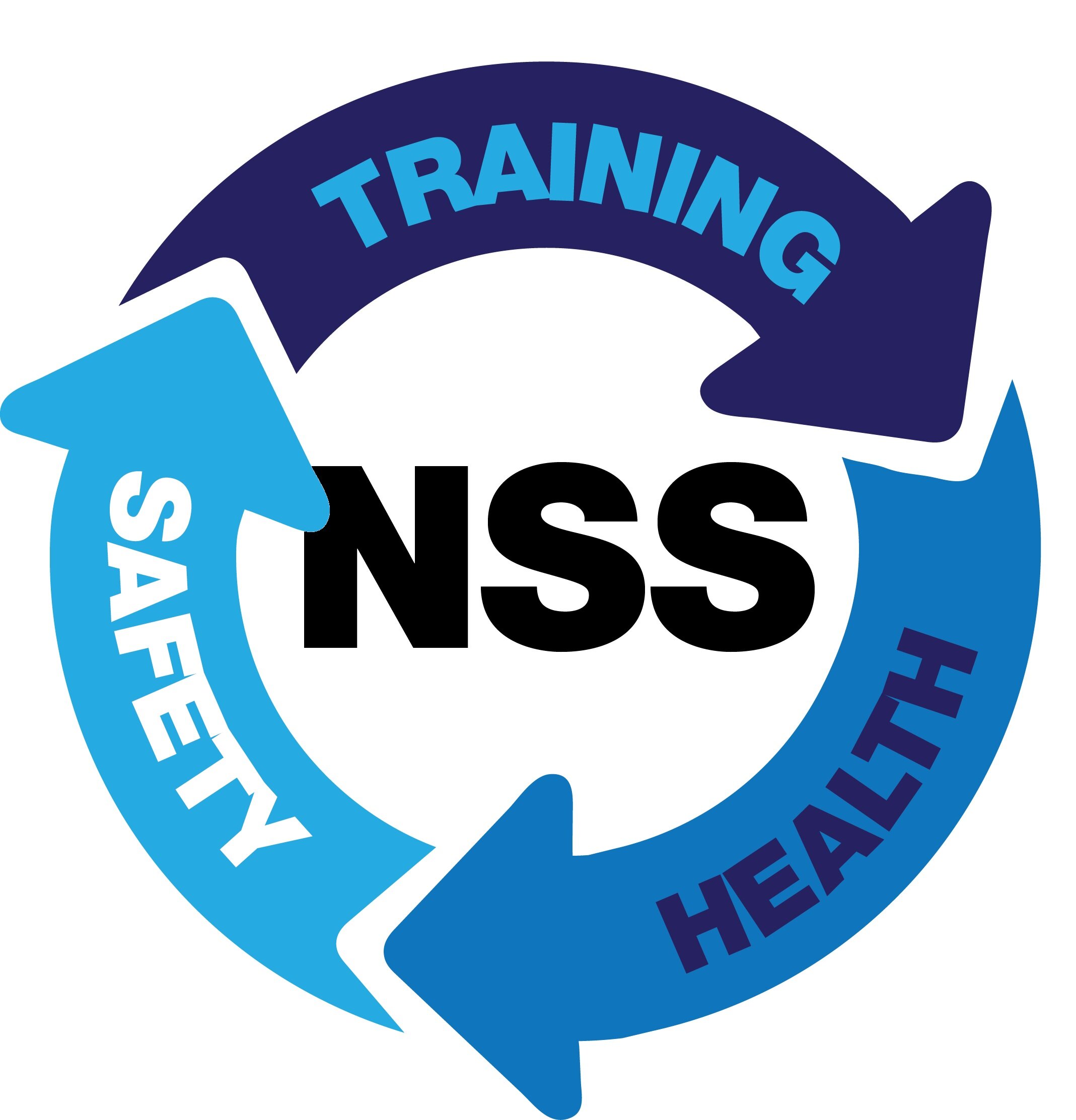Decision Making - How to Make the Right Ones at Work
Decision making is the basis of our everyday life, what coffee to drink, what road to take, what shirt to wear. Yet, when there is an emphasis on the decision you make, it can sometimes become pretty daunting. If you’re an employer who needs to make decisions on a regular basis or if you’re an employee that is given the opportunity, how do you know that the decision you are leaning towards is going to be the best one for that situation?
Well, you don’t. Sorry to burst your bubble. I can’t tell you the magical answer but I am here to give you tips on how to make decision making a lot simpler and less stressful.
Issue: Emotions
The biggest influence people find when making decision is their own emotions. It is hard but sometimes it’s best to not be swayed by your emotions. Still keep your ethics but if it’s a hard choice of say, dismissing a friend because they’re not performing, sometimes you need to do it.
Advice: Try a new Perspective
Take a step back, and look at the issue from another perspective. If you need help, don’t be afraid to talk to people to hear their views too. Bring all the facts together and then you can re-evaluate the issue with a clear and educated mind.
Issue: Re-frame the Situation
One article I read about this topic had some great advice in this area. They stated that in the case of another company making a bold move in the marketplace, you may perceive this as a big negative for your company. However, if you re-frame the issue to indicate that the competitor has chosen to focus in a new area and will be less able to invest or respond to your moves in other areas. Your challenge would then be to identify potential areas of opportunity.
Advice: Don’t Stress about Uncontrollable Circumstances
If you can’t control it, then you have to go with it. I know it can sometimes be very frustrating but by doing the above and re-framing the situation, you can really come out ahead.
Issue: Don’t Judge Your Judgement
Don’t doubt yourself and your decision after finalising it. If new evidence comes your way and you find out you’re wrong, by all means incorporate that to fix the problem but don’t doubt yourself on nothing. The more times you make a decision then change it, the more frustrated you will be and all the people around you.
Advice: Stick to your Decision
Stand by your decision. If you’ve gone through and made a definite decision after doing all the appropriate research, then stick to it. Don’t let other people's comments cloud your judgement. Remember that you’ll never please everyone. Stand strong by your approach.
Issue: Thinking You Don’t Need to Learn Anymore.
If you’re in a status that you have people under you and you’re superior, don’t take that as though you know everything. Be open to opinions, even if they’re offered from someone who you wouldn’t usually listen to.
Advice: The Minute You Stop Learning, You Stop Growing.
Something people seem to forget is that we never stop learning. Use your previous experiences and learn. If something hasn’t gone right, sit down, evaluate it and understand what you could have done instead. If something has gone really well, do the exact same thing. Use that for all your new decisions.
Decision Making Tools:
If you’re still having a hard time, there are many great ways to help your decision come a lot easier.
Brainstorming. This is pretty obvious but getting a group of people together to brainstorm the situation is actually an amazing technique. People are not only working together to create the solution ultimately leaving them more invested, but most, if not all, would agree on the end decision. Get the team together, explain the situation and then continually ask the question ‘why’ until you get an accurate answer.
SWOT analysis. SWOT analysis’ are a great way to place all the facts in one place and in categories of strengths, weaknesses, opportunities and threats.
To finish off, I want to share this quote by Peter F. Drucker;
“Whenever you see a successful business, someone once made a courageous decision.”
Thanks for reading. I hope you can take some of this advice on and use it in your business and everyday decision making opportunities. Best of luck to you!


